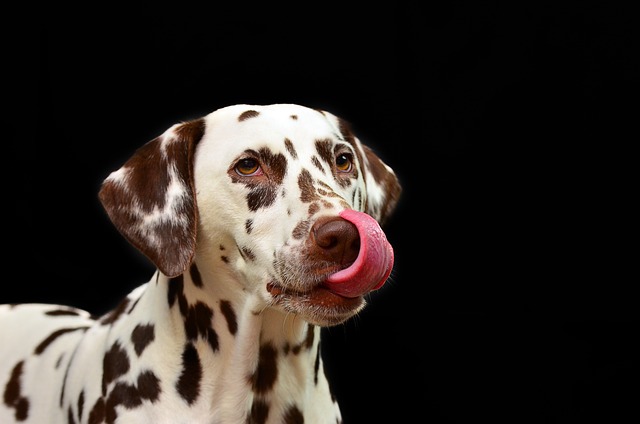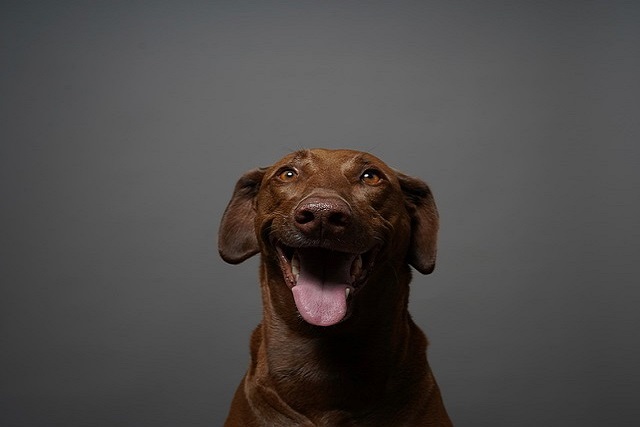
What Causes a Dog's Interdigital Dermatitis?
You might notice your dog limping or licking their paws more than usual, and that’s often the first sign of interdigital dermatitis—those sore, red spots between their toes.
If you’re a new dog parent in the US—maybe you’re kneeling on your Chicago apartment floor at 7 AM, dabbing crusty white gunk from your 10-week-old Golden Retriever puppy’s eyes with a tissue, panicking a little: Is this normal? Did I do something wrong? Puppy eye discharge is super common, but it’s not always “no big deal”—knowing the causes and how to care for it keeps those tiny eyes healthy. Let’s break this down simply, with real examples and steps you can take today.
First, let’s get the basics straight: Puppies have way more delicate eyes than adult dogs. Their immune systems aren’t fully developed yet, so they’re more likely to catch infections. Plus, their tear ducts are still maturing—sometimes they can’t drain tears properly, leading to goopy buildup. The most common causes? Bacterial or viral infections (like conjunctivitis, which makes eyes red and leaky), blocked tear ducts (think of a tiny pipe that’s not quite open yet), allergies (pollen or dust in your apartment can irritate them), or even a tiny foreign object (like a grass seed from your last walk). Take Mia, a first-time owner in California: Her 8-week-old Shih Tzu, Lila, had yellow discharge for 3 days. She thought it was “just sleep,” but a vet found a mild bacterial infection—after 5 days of vet-prescribed eye drops, Lila’s eyes were clear again. Catching it early avoids bigger issues.

Here’s how to care for puppy eye discharge, step by step: Start with safe cleaning—grab a soft, damp cotton ball (never paper towels, they’re too rough!) and warm water. Gently wipe from the inner corner of the eye outward—one cotton ball per eye, so you don’t spread germs. If the discharge is crusty, hold the damp cotton ball on it for 10 seconds to soften it—never pick or scrub! Reward your puppy with a tiny freeze-dried chicken treat after each cleaning; positive reinforcement makes them sit still (and avoids fear of eye care). Never scold them if they wiggle—punishment goes against US animal welfare norms and will make future care harder. Next, know when to call the vet: If discharge is yellow/green (not clear or white), if eyes are swollen/red, or if your puppy is squinting/rubbing their face—those are signs of infection that need meds. For apartment living, keep dust levels low (vacuum once a week!) and avoid using strong air fresheners—they can irritate sensitive puppy eyes.
Now, let’s tie in rules and habits that matter. Every US state requires core vaccines (like distemper, which can cause eye infections in unvaccinated puppies)—make sure your puppy’s shots are up to date. Skipping vaccines isn’t just risky; it could get you fined $150 or more in Florida or New York. When you take your puppy for short walks (stick to quiet areas—avoid busy dog parks until they’re fully vaccinated!), always clean up their poop—cities from Seattle to Boston have fines up to $300 for leaving waste, and bacteria in poop can spread to their eyes if they sniff or roll in it. If you live in an apartment, avoid letting your puppy stick their head out the window on walks—dust and debris can fly into their eyes. And if you have other pets, keep sick puppies separate until a vet clears them—you don’t want to spread infections.
Puppy eye discharge might feel overwhelming at first, but it’s manageable with simple care. By cleaning gently, watching for red flags, and following local rules, you’ll keep those sweet puppy eyes bright and healthy. Before you know it, your little one will be bouncing around the park—no goop, just happy wags.

You might notice your dog limping or licking their paws more than usual, and that’s often the first sign of interdigital dermatitis—those sore, red spots between their toes.

If you’re a new dog parent in the US—maybe you’re pacing your NYC apartment at 8 PM, watching your 10-month-old Lab mix

If you’re a new dog parent in the US—maybe you’re sitting on your Boston apartment couch, watching your 8-month-old Cocker Spaniel, Luna

Finding blood in your dog’s vomit is one of the scariest moments a pet owner can face—your first thought is almost always, “Is my pup okay?” The truth is, several conditions can lead to this, some milder but many requiring quick vet care.

If you’re a new dog parent in the US—maybe you’re kneeling on your Chicago apartment floor at 7 AM, dabbing crusty white gunk from your 10

Noticing your dog squinting or pawing at their eye can send any pet owner into a panic. Is it a minor irritation or something serious?